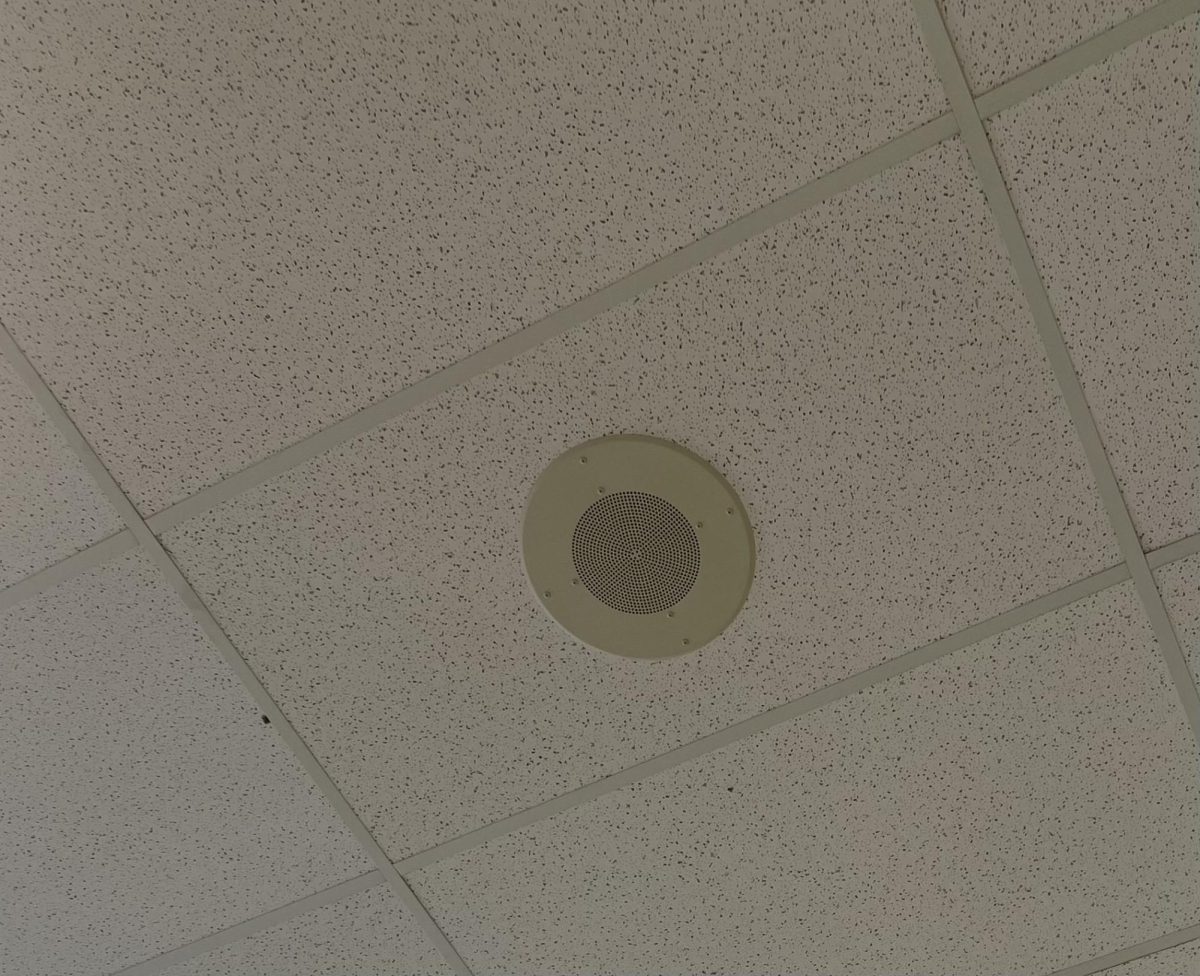In the past few years, with technological intelligence on the rise, school officials have been warning parents about the continuously mounting threat that has the potential to be just as dangerous as drugs and alcohol: cyberbullying.
The CHS anti-bullying campaign that started at the beginning of this school year has been combating a wave of cyberbullying reports as well as the in-school taunting that prompted the creation of the anti-bullying committee in the first place. With the use of cell phones, Facebook, and e-mail, students now have more ways to pick on their fellow classmates, affecting victims at school, home and even work.
“Physical bullying, emotional bullying and cyberbullying initiated the bullying committee,” assistant principal Doreen Brandes said. “It’s important [that we help] because what you do at home impacts you at school.”
According to Brandes, in a survey conducted by CHS last year that assessed student’s comfort in school, students made an extra effort to comment that cyberbullying was a problem. The anti-bullying campaign was then created to help battle this ever-growing issue. A follow-up survey will be done in the spring of 2010 to see if the campaign’s efforts have paid off.
Many students who are victims of cyberbullying can be depressed and not want to go to school at all.
“Bullies think that they are just teasing,” Principal Joan Benz said. “However, the definition of bullying lies with the victim.”
According to Paul Dermont, a member of the anti-bullying committee, cyberbullying is appealing to bullies because they do not have to physically confront anyone, and they can hurt people without facing them while remaining in the comfort of their own home.
It is especially hard to catch bullies who operate through the web and text messages because they often choose not to identify themselves. However, the bullying committee takes reports of any kind seriously and, depending on the situation, chooses whether to talk to the submitter of the report, the alleged bully, the parents of the victim and bully or all parties.
Though administrators do get calls from worried parents who notice their child is more depressed or having trouble with bullies at school or at home, administrators who see troubling behavior in a student also take initiative to fix the problem. They may call them in for a conference right away, and if their behavior persists, their parents are notified.
“[The bullying committee] exists to make students feel safe at school,” Dermont said. “We will always do our best to instill a feeling of security in our students at home [as well].”







